Rear Brake Pads: What They Do, When to Change, and How Northwich Tyres Centre Can Help
Ever feel a shudder when you brake or hear a squeal coming from the back of the car? Chances are your rear brake pads are getting worn. They’re the part that presses the brake disc to slow the wheels, so keeping them in good shape is key for safety and smooth stops.
How to Know Your Rear Brake Pads Need Attention
First sign is a squeaking or grinding noise – that’s the wear‑indicator metal screaming that the pad material is almost gone. Next, you might notice the car pulling to one side when you press the brake; uneven wear can cause that. A spongy brake pedal or longer stopping distance also points to worn pads. If any of these happen, it’s time to get them checked.
Don’t wait for a complete failure. Driving on worn pads can damage the brake disc, leading to a costlier repair. A quick visual check (or a peek with a wheel‑off) can tell you if the pad thickness is below 3 mm – that’s the usual replace‑by line.
Choosing the Right Rear Brake Pads
There are three main types: organic, semi‑metallic, and ceramic. Organic pads are cheap and quiet but wear faster. Semi‑metallic pads last longer and handle heat well, perfect for heavier drivers or frequent stop‑and‑go. Ceramic pads are quiet, produce less dust, and stay consistent in performance, though they cost a bit more.
Match the pad type to your driving habits and budget. If you mainly use the car for city commuting, organic or ceramic pads work fine. For sporty driving or a heavier vehicle, semi‑metallic is a safe bet.
Northwich Tyres Centre stocks all three types from trusted brands, so you can pick what fits your needs without hunting around.
Cost and What to Expect at the Fit
Pad prices range from £30 to £80 per axle, depending on material and brand. Labour at a reputable garage usually runs £40‑£60 for a full rear replacement. That means most customers spend between £70 and £140 total.
We keep our prices transparent – you’ll get a clear quote before any work starts. Plus, we often run discounts on tyre and brake combo jobs, so you can swap old tyres and fresh pads in one visit and save on labour.
Our technicians use a hydraulic press to compress the caliper, replace the pads, and re‑bleed the brake fluid if needed. That ensures no air bubbles and a firm pedal feel after the job.
Maintenance Tips to Extend Pad Life
Give your brakes a break after long descents – downshifting helps relieve brake pressure. Avoid riding the brake when stopped at lights; a light tap is enough to keep the car secure. Finally, have your pads inspected every 10,000 miles or at each tyre change.
Doing a quick visual check yourself can catch wear early. Look through the wheel spokes and see if the pad material looks thin or uneven.
When you’re ready for a replacement, swing by Northwich Tyres Centre. We’ll fit the right rear brake pads, check your discs, and make sure everything feels solid before you hit the road. No hidden fees, just honest service.
Got questions? Call us or drop in – our friendly team loves helping drivers stay safe without breaking the bank.
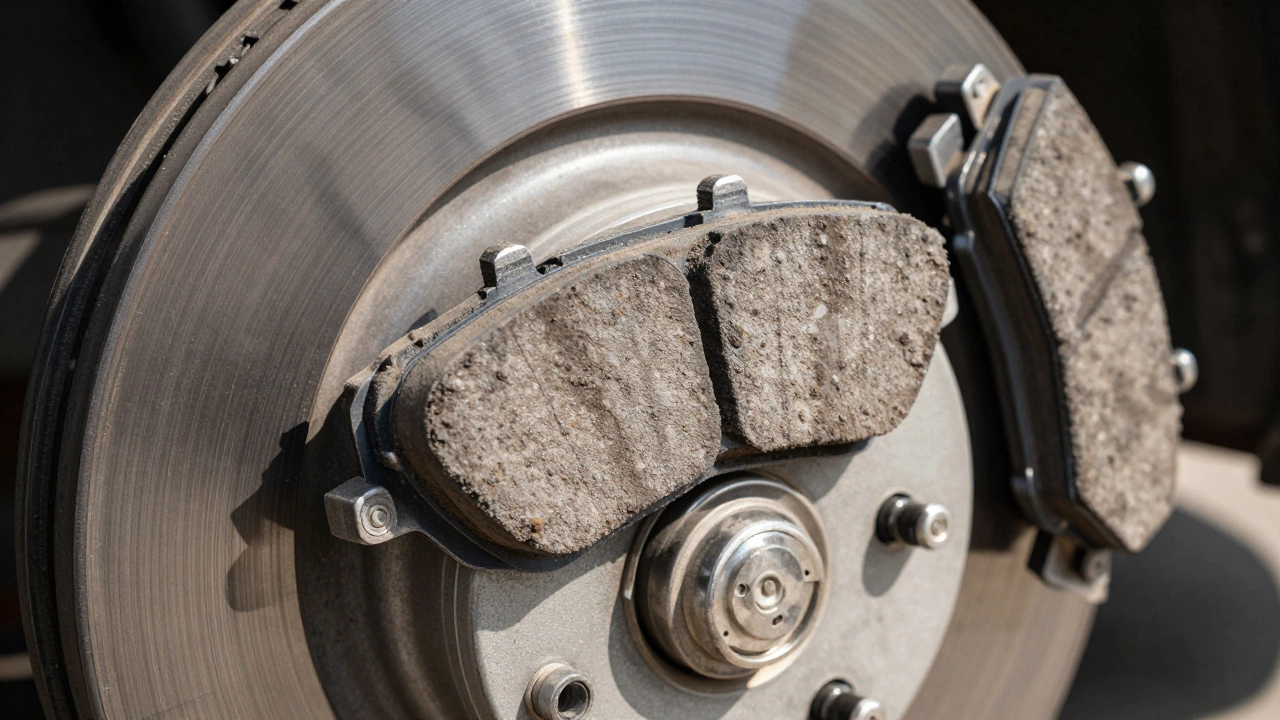 8 January 2026
8 January 2026
Which Brakes Are More Important, Front or Rear? Front Brake Pads Do Most of the Work
Front brake pads do most of the stopping work, but rear pads are vital for stability and balance. Replacing only the fronts can be dangerous. Learn why both sets matter and how to maintain them safely.
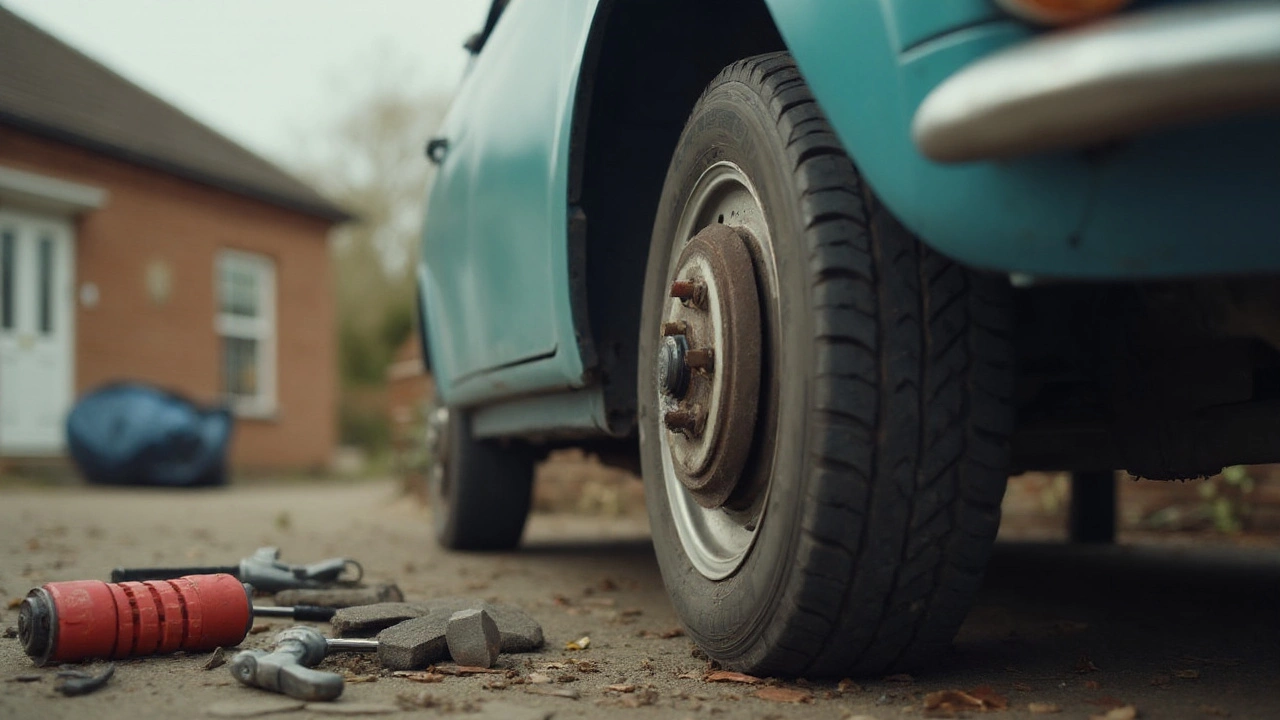 7 August 2025
7 August 2025
Is It Safe to Change Only Rear Brake Pads? Expert Tips for Car Owners
Wondering if you can just change the rear brake pads? Get practical info, real tips, and put safety first. Find out why, when, and how to make the right call.
Tags
- car maintenance
- engine oil
- spark plugs
- brake pads
- engine performance
- vehicle maintenance
- spark plug replacement
- windshield wipers
- fuel pump
- suspension parts
- clutch replacement
- oil change
- clutch kit
- car performance
- air filters
- car suspension
- car radiator
- exhaust systems
- engine misfire
- fuel pump failure

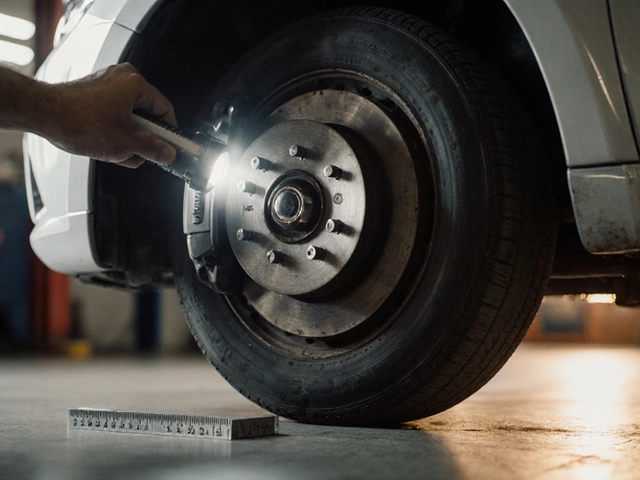
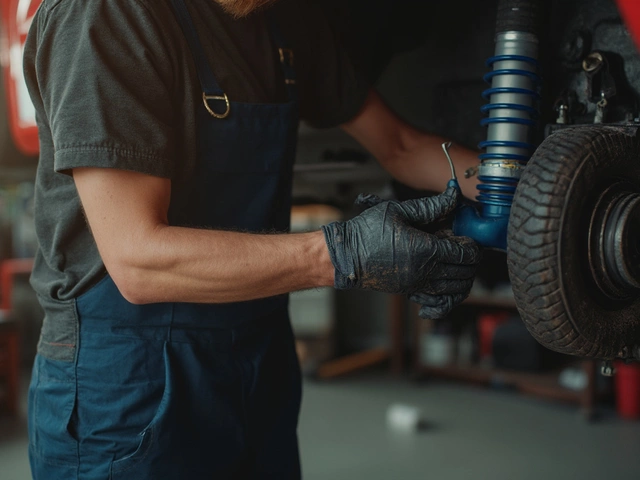
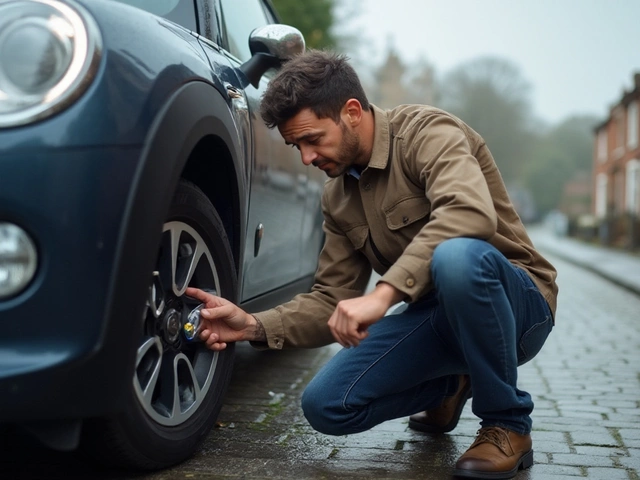
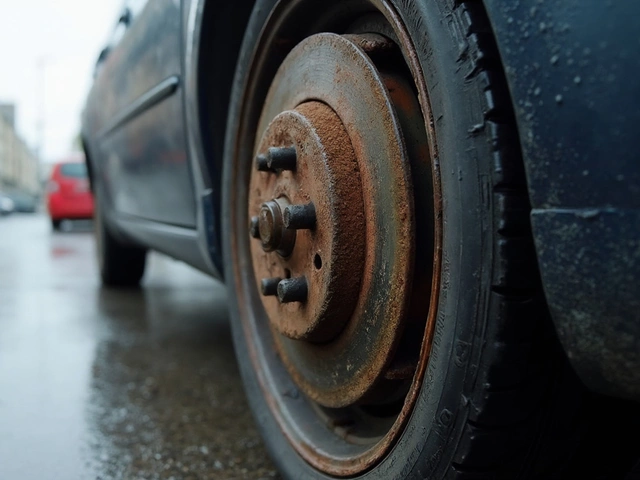

0